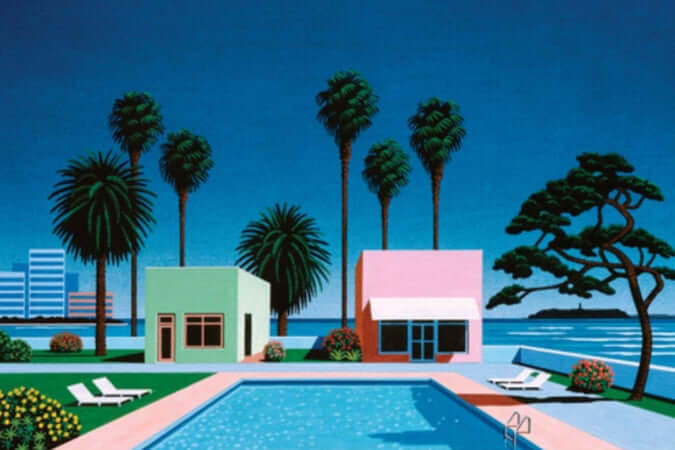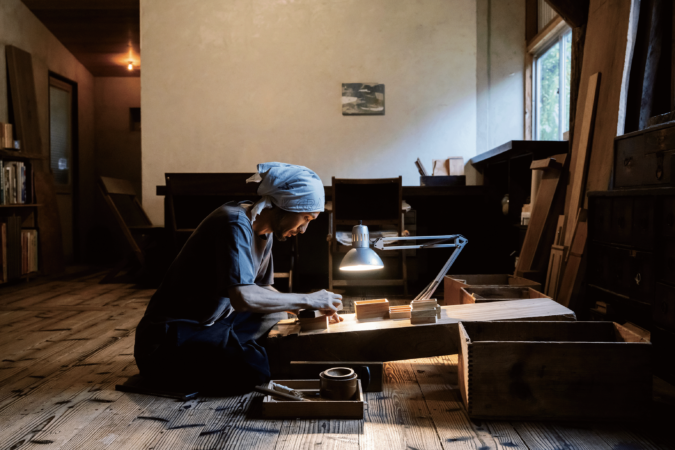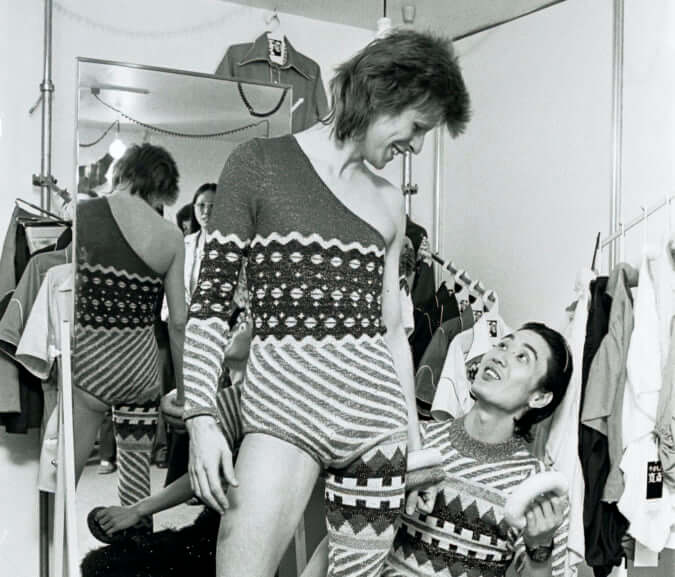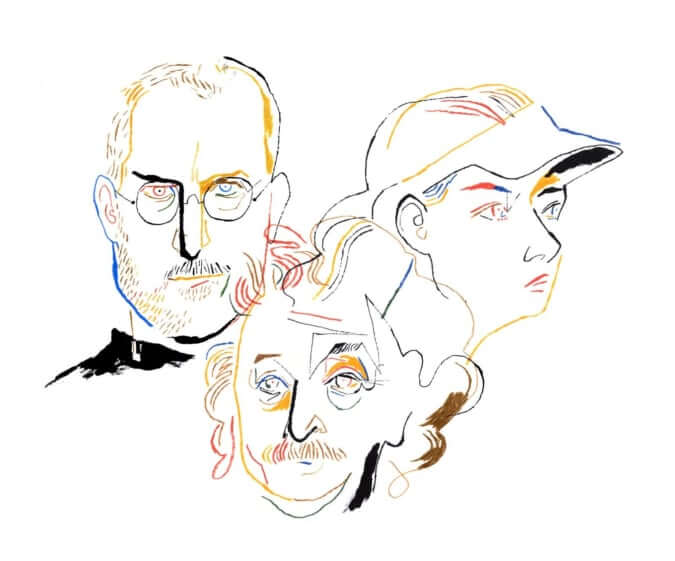Masakane Yonekura’s ‘Bijin-ga’ Illustrations
The artist and actor draws on the conventions of portraits of courtesans in his pieces depicting women with dreamy expressions.
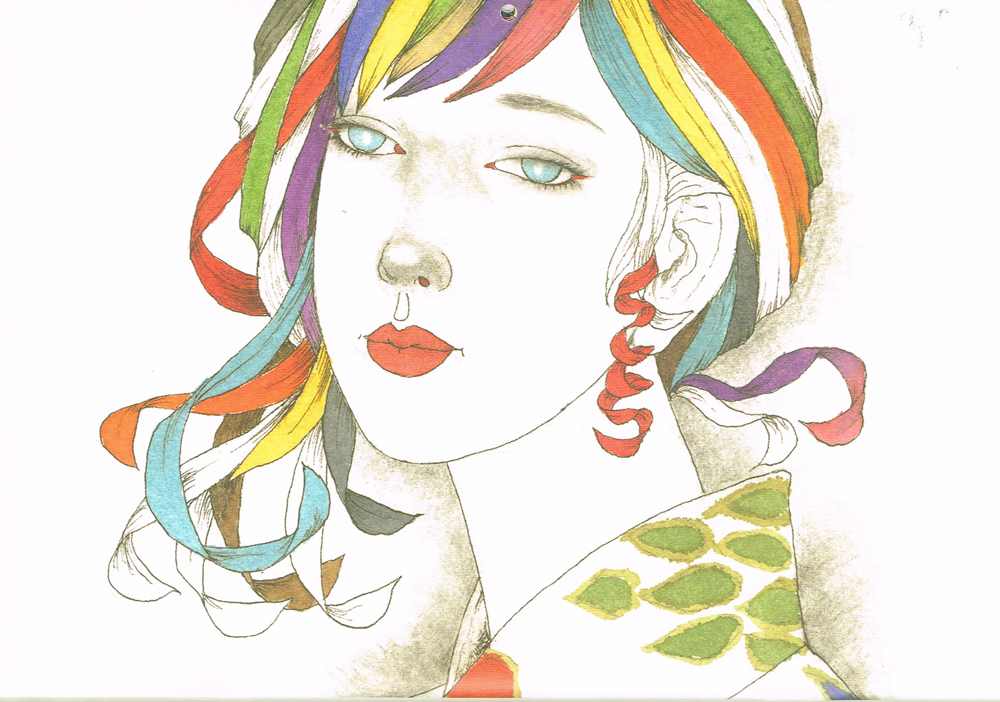
© Masakane Yonekura
Director, supporting actor in popular films, painter… Masakane Yonekura was an artist with many talents. He received numerous awards, including the first Kinokuniya Theater Award.
Born in 1934 in Fukuoka prefecture, he joined the socially and politically engaged theatre troupe Gekidan Mingei, founded in 1950, and staged several plays. His works are examples of shingeki (‘new drama’ in Japanese), an artistic movement that emerged in the late 19th century. With the motto ‘theatre for everyone’, Gekidan Mingei was one of the three major groups in this new wave of theatre, alongside the Haiyuza Theatre Company and Bungakuza. Masakane Yonekura left the company in 2000, before he passed away from an aortic aneurism rupture in 2014.
A fantastical art
In parallel to his career as a director, Masakane Yonekura worked as an illustrator, drawing inspiration from Japanese painter Yumeki Takehisa and his bijin-ga (‘pictures of beautiful women’ in Japanese). This traditional pictorial style aims to represent the beauty of famous courtesans. Masakane Yonekura adopted more contemporary subjects in his watercolours with neutral backgrounds and produced portraits of mystical women with tired-looking eyes but adorned with colourful motifs.
His illustrations, which depict a sometimes supernatural universe, are similar to the aesthetic of the animated film Belladonna of Sadness or Belladonna the Witch (1973) by Eiichi Yamamoto. The actor also participated in this cinematographic project, voicing the character of the bishop.
Both this feature film and Masakane Yonekura’s images evoke the art nouveau style, itself influenced by Japanese prints. In delicate strokes, the artist showcases women, both real and fictitious.
Masakane Yonekura’s daughter runs a website and an Instagram account where his work can be viewed.
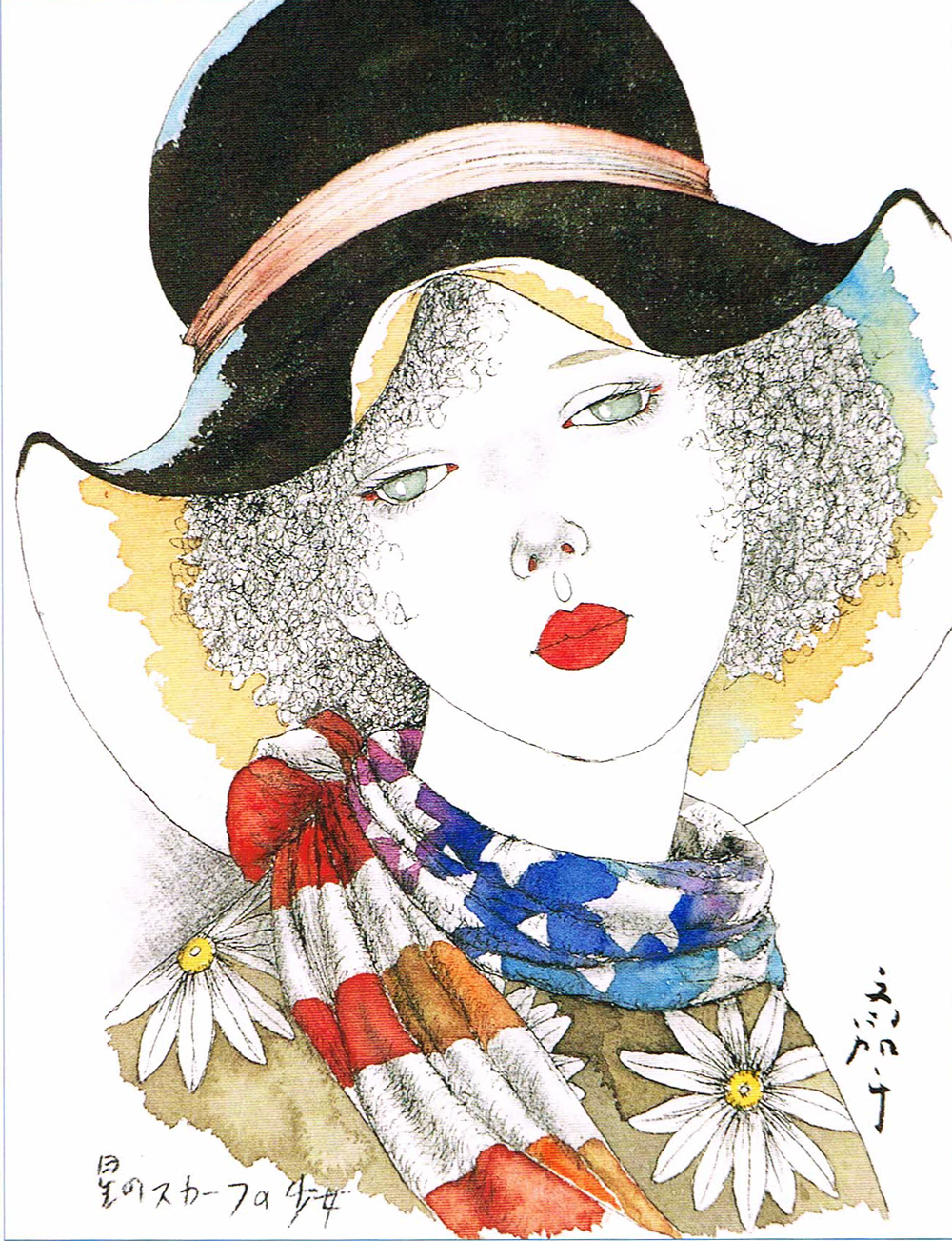
© Masakane Yonekura

© Masakane Yonekura
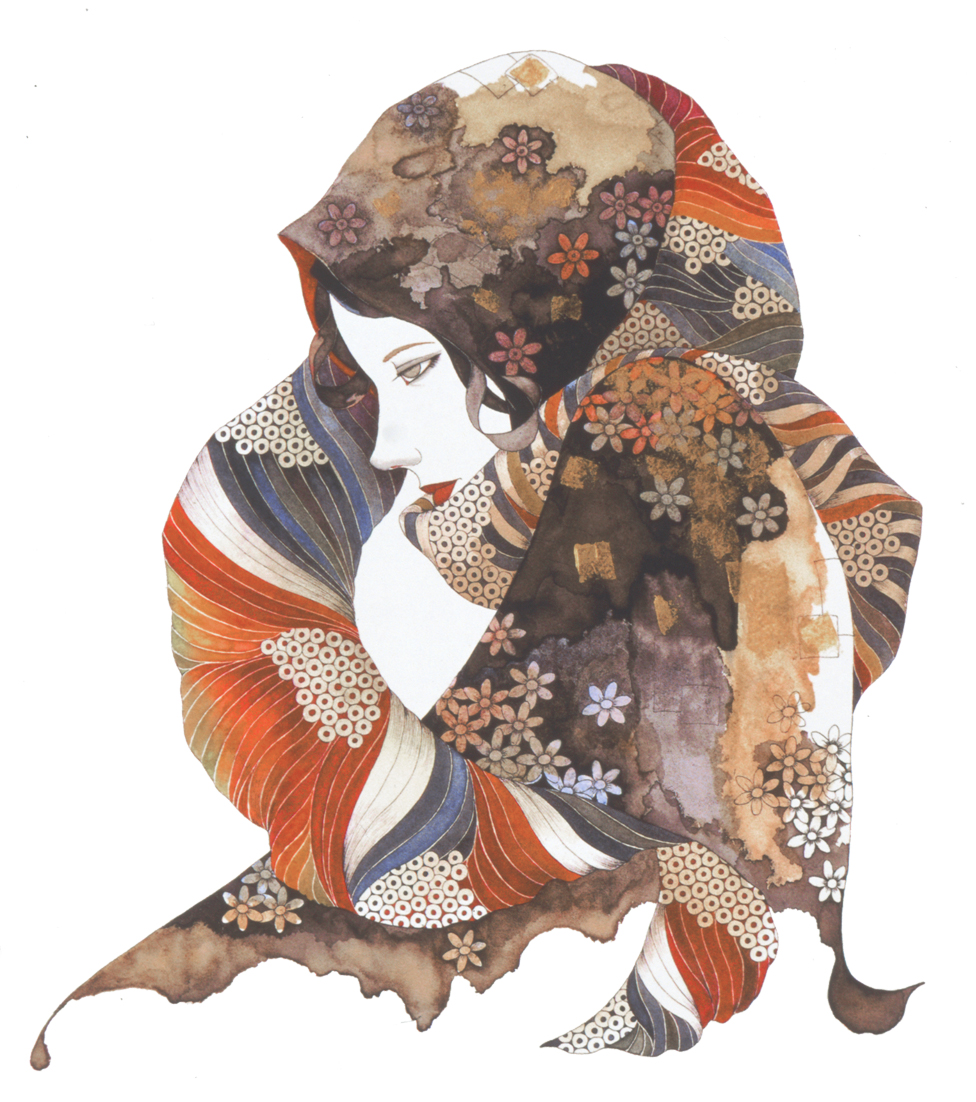
© Masakane Yonekura
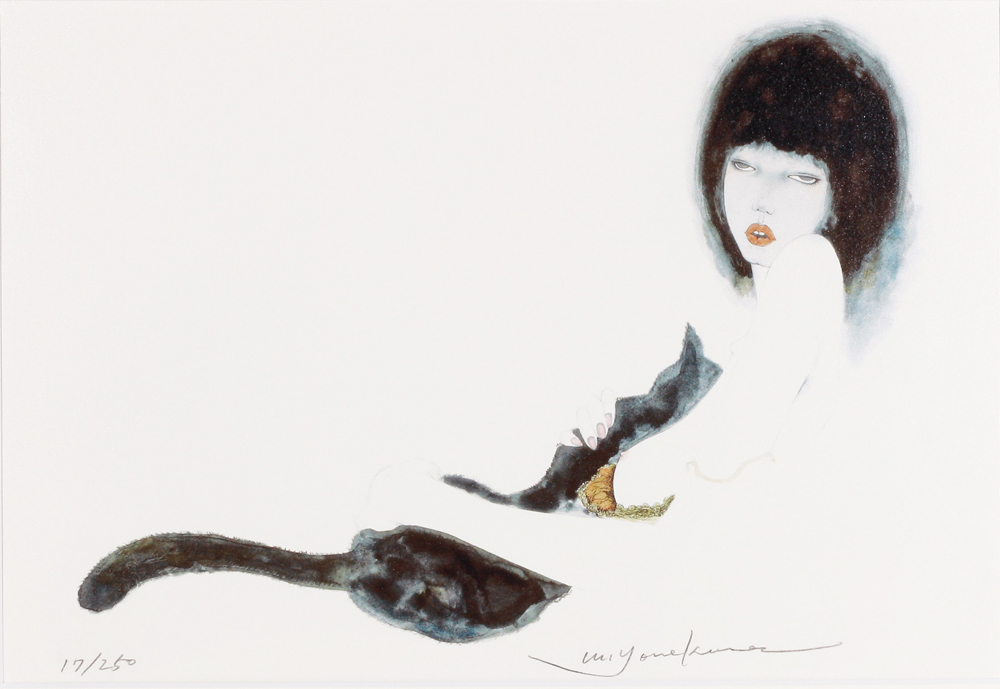
© Masakane Yonekura

© Masakane Yonekura
TRENDING
-
Hiroshi Nagai's Sun-Drenched Pop Paintings, an Ode to California
Through his colourful pieces, the painter transports viewers to the west coast of America as it was in the 1950s.

-
A Craft Practice Rooted in Okinawa’s Nature and Everyday Landscapes
Ai and Hiroyuki Tokeshi work with Okinawan wood, an exacting material, drawing on a local tradition of woodworking and lacquerware.

-
The Tattoos that Marked the Criminals of the Edo Period
Traditional tattoos were strong signifiers; murderers had head tattoos, while theft might result in an arm tattoo.

-
David Bowie Dressed by Kansai Yamamoto
The English singer was strongly influenced by 'kabuki' theatre and charged the Japanese designer with creating his costumes in the 1970s.

-
‘Seeing People My Age or Younger Succeed Makes Me Uneasy’
In ‘A Non-Conformist’s Guide to Surviving Society’, author Satoshi Ogawa shares his strategies for navigating everyday life.

